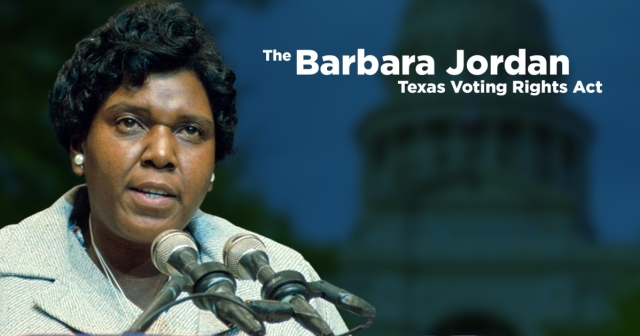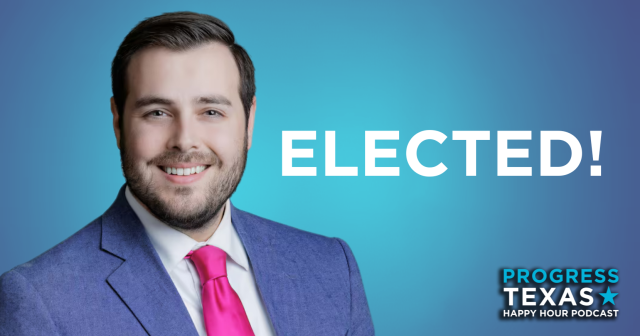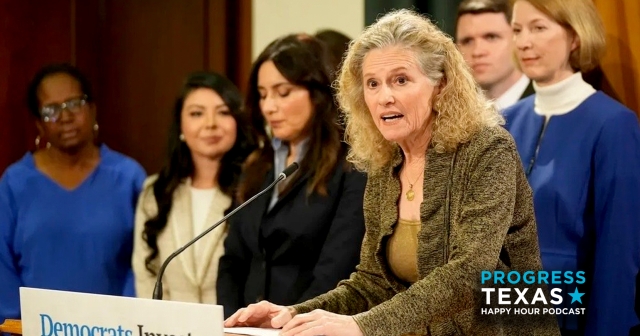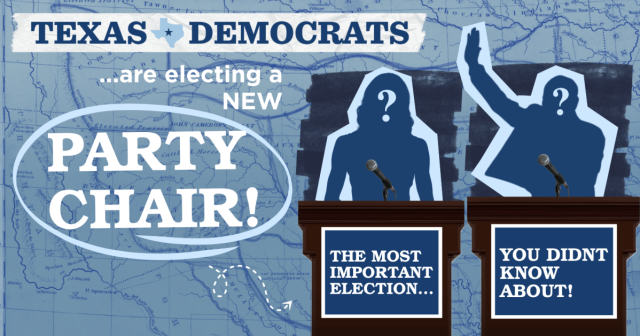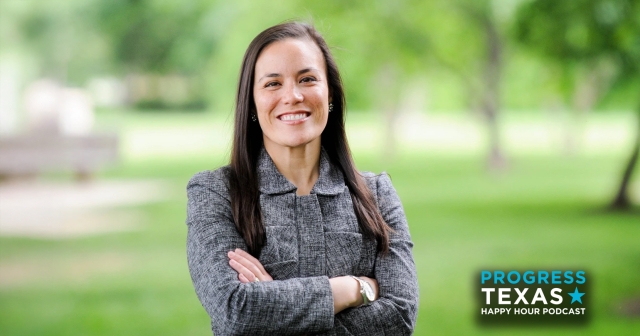Texas is a large and diverse state, yet you would not know that based on those who are most frequently asked to analyze the political landscape here.
Our new report, "In Increasingly Diverse Texas, Political Analysis is Anything But," reveals that political analysis in one of the most diverse states in America is overwhelmingly dominated by a surprisingly small number of homogenous voices.
An examination of newspapers, online reports, TV and radio stories, finds that seven political scientists dominated coverage, quoted 1,331 times from June 1 to December 31, 2014. They exclusively came from the Rio Grande Valley, Houston, and the Dallas Fort-Worth area, with little to no representation from regions such as El Paso or San Antonio.
While those who are regularly consulted do offer news value, media should recognize an equal value in considering viewpoints from women or people of color – particularly when writing about the same constituencies.
According to 2013 U.S. Census data, men and women make up an almost equal population percentage in Texas, Whites make up 44%, with Hispanics comprising 38% and Blacks 12%.
Our analysis began by conducting a comprehensive media search for Texas political scientist quotes in the month of October 2014 – when media and voters are paying the most attention to campaigns.
Using media tracking software such as TV Eyes and Meltwater News, we identified any instances of political scientists quoted in Texas press. After removing pollsters – whose analysis primarily revolved around the findings of their own polling – we found that Texas media routinely and almost exclusively quoted seven political scientists.
The political challenges facing the state of Texas are vast and wide. The people of Texas deserve access to multiple perspectives that can analyze those challenges from diverse geographic and demographic backgrounds.
Texas is home to 104 institutions of higher learning, many of whom employ multiple, if not dozens of, political scientists.
As a non-partisan and non-profit organization, the Texas Research Institute offers media training and similar support for political scientists who can add diverse voices to our political analysis and are interested in speaking on the record.
If you are a political science professional – or would like to suggest someone – please visit us online and drop us a note via TexasResearch.org.
Our full report is below or you can listen to our interview on Texas Standard.
REPORT - In Increasingly Diverse Texas, Political Analysis is Anything But
Reaction to the report on Twitter:
DONATE
Your donation supports our media and helps us keep it free of ads and paywalls.



